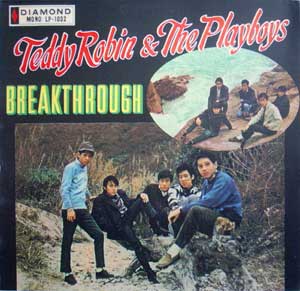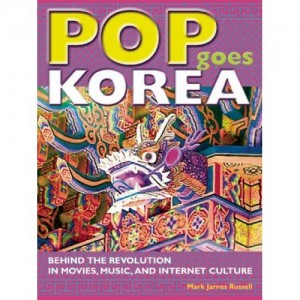It’s pretty cool to see Korea pledging $51 million to development in Africa, with a concentration on infrastructure, IT, and science. The announcement — $51 million in aid over the next two years — came just after the Korea-Africa Economic Cooperation Ministerial Conference in Seoul last month. While North Korea, cool cell phones and pop music make the bulk of Korea’s international headlines, it is great to see how science is making such strides.
Korea’s universities have been steadily moving up the world university rankings for some time now. And while they are not exactly vying with the Standford or MIT, they are definitely much better than they were a decade ago. It is also no coincidence that the top-ranking schools are overwhelmingly Korea’s science schools — POHANG at No. 50 and KAIST is No. 68 (Seoul National University was No. 59, but much of that score came from its science programs).
Korea has long put an emphasis on the importance of science. You can get a very good overview of its science policy from Park Chung Hee to the present in this Brookings paper. I quite liked this graph:
The Ministry of Knowledge Economy sketches an amazing high tech future for Korea. Based on a 2009 survey of 3,000 IT industry experts and researchers, they listed such futuristic technologies as home medical checks for common diseases, mobile phones that only need to be recharged once annually, home appliances that respond to brain waves, automatic temperature adjustments for in-door climate control, super high-definition televisions, universal language translators, and efficient solar cells providing most electrical energy. While all this may be remarkable, similarly astounding technologies were predicted in Korean government reports twenty years ago.
Back in 2004, I wrote about the push then-President Roh Moo-hyun was giving science for the AAAS’s Science magazine: “Suddenly, Science Moves to the Top of Government’s Agenda” (I wrote it out because Science has a really stiff paywall). And while there is definitely something of a hamster wheel about the constant re-invention of grandiose science dreams, there is also a driving ambition which is so important to moving forward. It is the sort of vision that I fear way too much of the West has forgotten.







